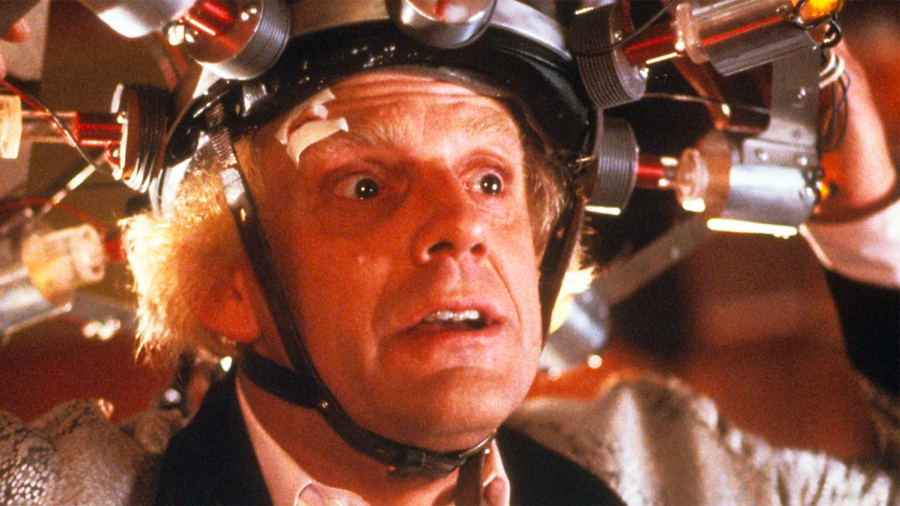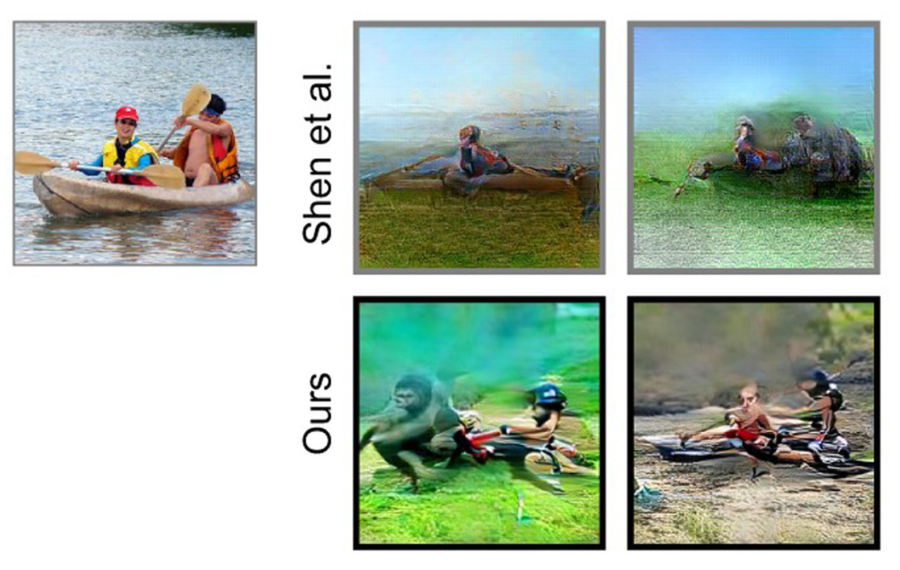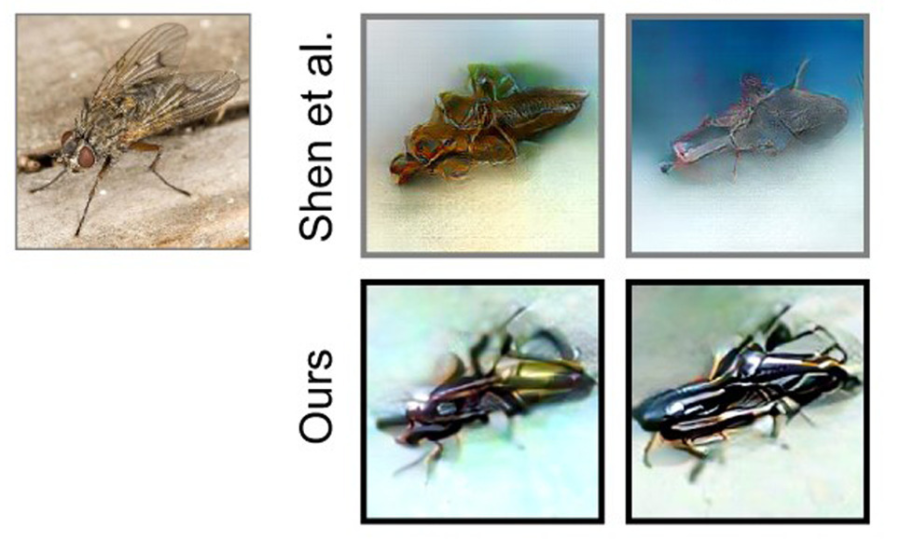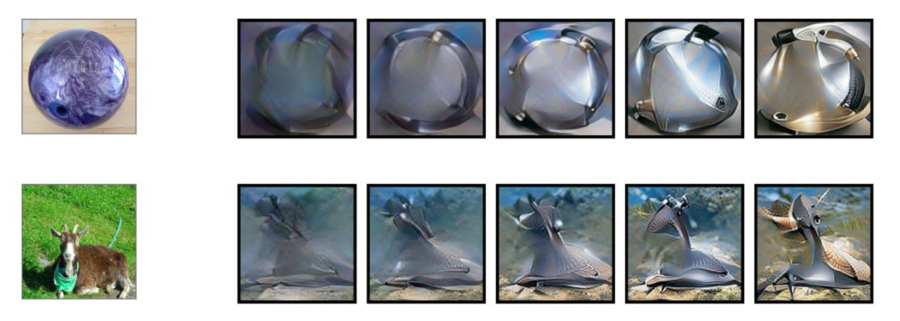First AI Images Extracted From Human Brain Revealed

A group of researchers in Japan have found yet another interesting way to use AI technology. In a recent research project led by a team from the National Institutes for Quantum Science and Technology (QST) and Osaka University, they were able to translate human brain activity to depict mental images of objects, animals, and landscapes. They released pictures from the research, and the results are pretty astounding.
One of the images that the AI technology was able to decode from the brain activity was a vivid depiction of a leopard with detailed features like spots, ears, and more. Another image depicted an airplane. While we have previously had technology that is able to recreate images from brain activity, this is one of the very few studies that were able to make these mental images visible.

Of these previous studies, the images that could be decoded were fairly limited into several categories, like human faces, letters, and numbers. This new AI brain-decoding technology seems to be able to decode a much broader spectrum of images from the human mind. As the researchers in the study point out, “visualizing mental imagery for arbitrary natural images stands as a significant milestone.”
To conduct this fascinating study of the human mind, the team had participants look at around 1,200 different images and then analyzed their brain signals in relation to the visuals with magnetic resonance imaging technology. The AI would be trained on this mapping, eventually allowing it to decode the images from the brain activity and display the result visually. The researchers pointed out that this technology has potential applications in the field of medicine.

Another potential use of this AI imagery technology is creating communication devices or studying dreams, which are still a mystery that eludes complete scientific understanding. The human mind is a complex and intricate thing that we still have so much to learn about. It would be interesting to see how this technology may contribute to the field of cognitive and psychological research.
The efficacy of the AI brain-decoding technology is also highly interesting, as the framework the team created showed that seen and imagined images were much more accurate compared to previous methods and chance accuracy. The study revealed that the new framework could identify seen images at 90.7% accuracy compared to the 64.3% accuracy of previous methods and the chance accuracy of 50%. As this AI continues to train, this percentage could continue to go even higher in the future.

While AI is an undoubtedly controversial subject in creative fields, and rightfully so, it’s certainly less controversial in the field of medicine and scientific research. By training AI on medical and scientific data, researchers can create frameworks and technologies like this brain-decoding AI to hopefully improve their respective fields and reveal more of the scientific mysteries of our world. AI has gradually been proving its efficacy in the field of medicine, and it will be interesting to see how this technology continues to grow in that field.
Source: Science Direct












